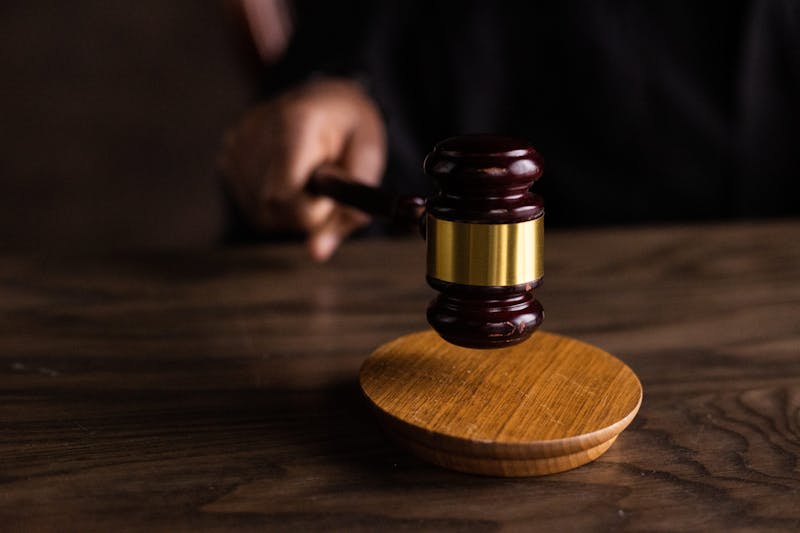Legal disputes are stressful for all parties involved, especially when a tremendous financial weight is attached to the case. If parties can reach an agreement, a settlement often ends in a better deal and trial outcome. A study completed at the University of Pennsylvania revealed that most plaintiffs that pass up settlement and go to trial end up with less than if they’d settled, with plaintiffs getting less compensation 61 percent of the time. A settlement is a matter worth looking into because no one wants to end with the short end of the stick.
WHAT IS THE DIFFERENCE BETWEEN SETTLEMENT AND GOING TO TRIAL?
Settling a legal dispute involves conversations between both parties and their representatives. The plaintiff’s lawyer will collect the evidence needed to build their case and send a demand letter with supporting documentation to the defendant’s lawyer. The letter details any injuries, financial or non-financial losses, and the total compensation the plaintiff seeks. Once the letter is delivered, negotiations between the plaintiff’s and the defendant’s attorneys begin. Often there will be counteroffers exchanged before reaching an agreement, known as an offer that both parties will sign in the form of a final settlement agreement.
On the other hand, when parties go to trial, they cannot reach an acceptable agreement. In this case, a judge or jury must decide the negligent party and the damages awarded. Depending on the case’s complexity, a trial could take weeks to resolve. Trials have inherent uncertainty due to the unpredictability of the judge’s ruling or jury verdict. Another distinction from a settlement is that the court records are made public with trials, resulting in a loss of privacy.
SETTLEMENT IS OFTEN THE BETTER OPTION
Overall, the settlement process is less expensive, less stressful, and provides more privacy than a case taken to trial. A lawyer can negotiate a settlement for the plaintiff, and the plaintiff is not always required to attend settlement talks or see the defendant. The only action the plaintiff needs is to sign the final settlement agreement.
Settlement is the principle of self-determination because both parties involved in the dispute are in the best position to understand where their true interests lie. Settlements involve the parties compromising to reach an agreement they can live with, while the judge or the jury determines each party’s fate with litigation.
IS SETTLEMENT A GOOD IDEA IN YOUR SPECIFIC CASE?
While the trial process can be difficult and lengthy, there are some cases where an agreement is unachievable through settlement. Contact a knowledgeable legal professional today to help decide what option is best for you. The skilled team of attorneys at the McCraw Law Group is well-experienced in settlement and trial cases. They can help you navigate the steps needed to get the compensation you deserve. Call today for a free case review.


